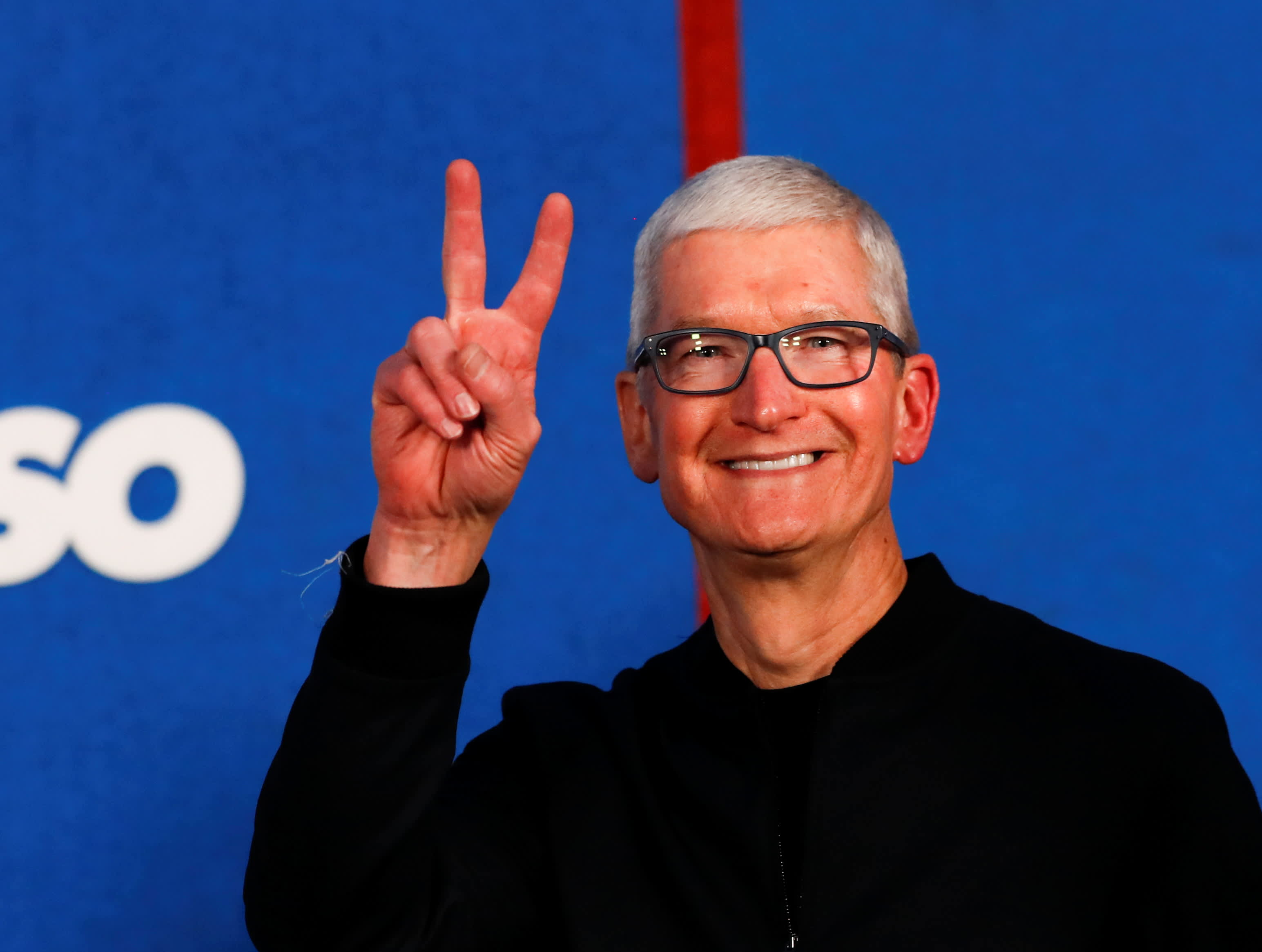Distracted at work? Tips from an attention expert to reclaim your time: ‘Manage your manager’
Bestselling author and behavioral design expert Nir Eyal explains how you can identify your most problematic workplace distractions.

Since the pandemic, a growing number of companies have turned to employee monitoring software to track productivity. But they're missing the real culprit behind missed deadlines or lagging sales, according to behavioral design expert Nir Eyal.
Much of Eyal's work, including his bestselling book "Indistractable: How to Control Your Attention and Choose Your Life," revolves around conquering distractions.
Before a company starts spying on its employees, he recommends a much simpler solution: Get to the root of what's really distracting people.
There are plenty of common culprits to consider — from a flood of emails to constant, unnecessary meetings — but how you go about identifying the issues determines how easily you can address them.
Here's how to identify your most problematic distractions:
Start talking about it
"The problem of distraction at work is that we can't talk about the problem of distraction at work," according to Eyal.
When employees voice concerns about feeling distracted, there's often a stigma attached: Is it just a personal problem? Are they unable to focus for trivial reasons?
"If they can't raise their hand and say, 'Hey, this is a problem for me,' how can we solve it?" Eyal says.
Eliminating workplace distractions starts with fostering an environment where people feel safe enough to share their concerns, especially to higher-ups.
"I believe that distraction in the workplace is a symptom of cultural dysfunction, that it's the canary in the coal mine of a bad company culture," Eyal says.
Managers need to start leading by example. Often, Eyal says, it's higher-ups that are constantly checking their phones and emails in meetings, making it seem like perpetual distractibility should be the standard.
"It sends a message to everybody else in the organization," Eyal says, "and perpetuates what we call a cycle of responsiveness because culture flows downhill."
Managers can break the stigma by talking about their own struggles with distractions, while creating forums for employees to air their concerns.
Sync up your schedules
For employees, becoming less distracted is all about communicating needs: "Manage your managers," Eyal says.
Often, managers don't know how employees are really spending their time — jumping to incorrect conclusions when a task takes longer than they think it should.
Employees can counter this by articulating how they plan to spend their time, says Eyal. Sit down with your manager — maybe on Mondays — and outline your schedule for the week ahead.
Ask what should and shouldn't be prioritized: Is that meeting really crucial? Should that deadline be tweaked?
This provides managers with the kind of transparency they always want, without having to micromanage employees to get it. It also blocks off the time you don't want to be interrupted.
"It tells them, 'This is my focus work time, from 8:30 a.m. to 10 a.m. It's my time to work without distractions,'" Eyal explains. "Then, there's no excuse as to why [your manager] should tap you on the shoulder and say, 'Why didn't respond to my email?'"
If you're working remotely, you might want set a status on Slack, or whatever communication platform you use, to signal when you're going into "focus" mode.
If you're in the office, popping in headphones won't do the trick, Eyal says, since it might look like you're just watching a video or listening to music. Instead, move to a quieter area of the office, or put a "Do Not Disturb" placard on your desk.
Shift your mindset
Finally, for both employees and managers, a broader mindset shift is necessary to become truly distraction-free.
Eyal points to the justifications we make when it comes to distractions — "my employees would be lost without me" or "my boss constantly needs me" — as mere excuses. If you try setting aside time to work without distractions, you'd be surprised by your findings, he points out.
"Nothing terrible happens," he says. "We think these things are urgent [but] there are very few emergencies that you have to respond to right now."
To that end, try assuaging the voice in your head that's telling you every single Slack message and email is life-or-death, says Eyal.
"It's made up in our own heads, mostly because we realize that if we're not constantly on call, we may have to do the hard work we don't feel like doing — and that's no fun."
Sign up now: Get smarter about your money and career with our weekly newsletter
Don't miss:


 Aliver
Aliver 
































